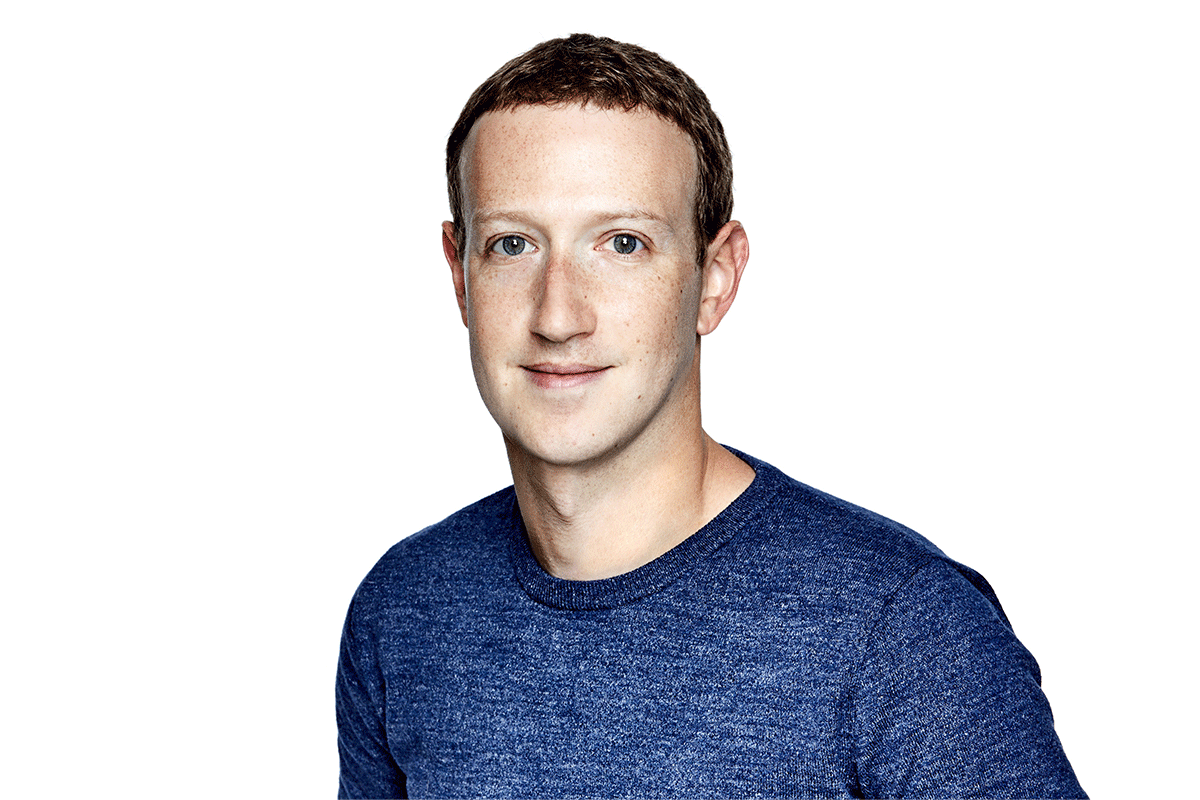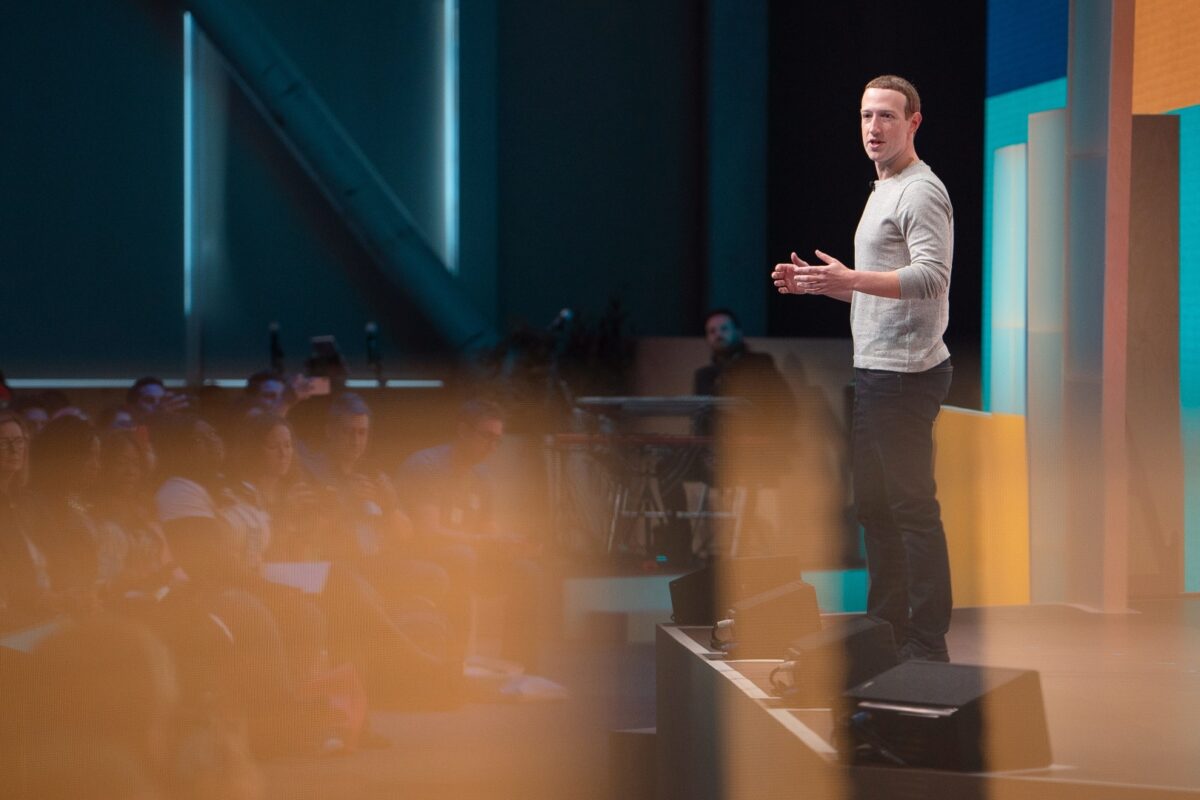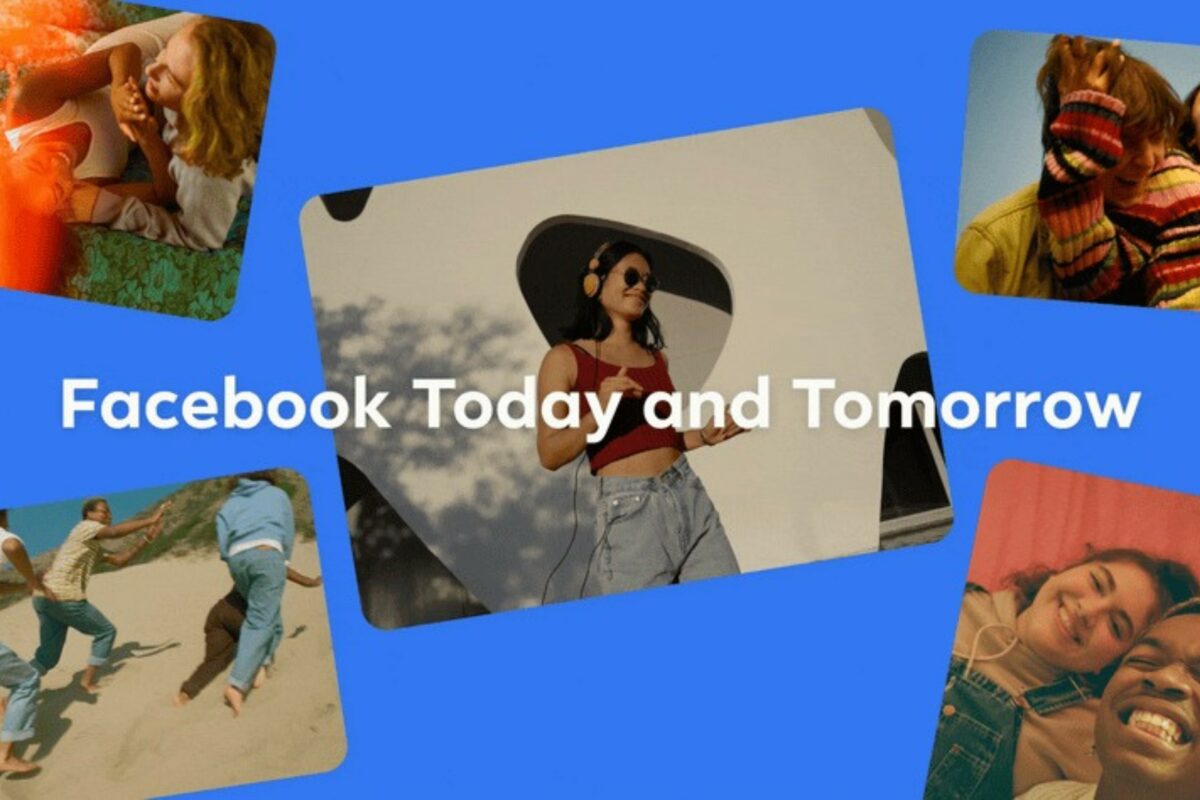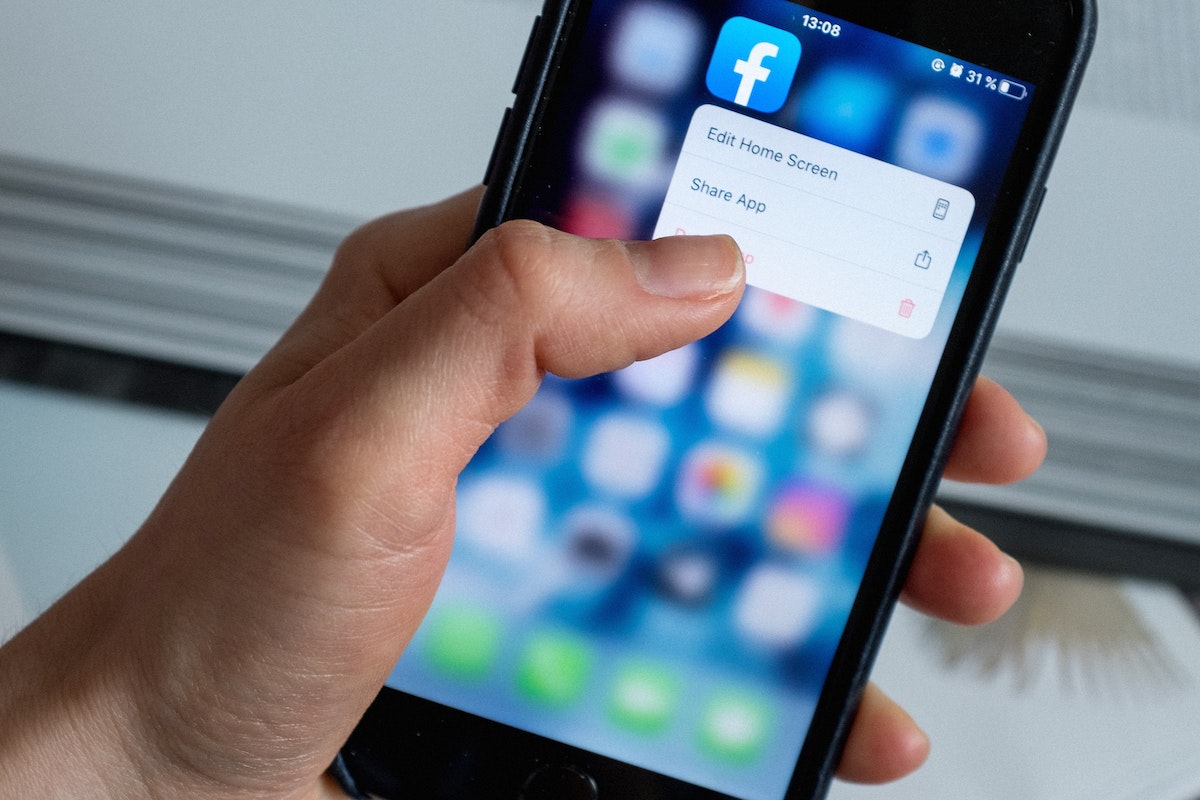Are you curious about when did Facebook start?
Facebook is a social networking service that has become a household name in the digital age.
It was launched by Mark Zuckerberg and his fellow Harvard University students in 2004.
Since then, Facebook has grown to become the largest social network in the world, with nearly three billion users as of 2021.
Originally named FaceMash, Facebook was created as a platform for Harvard students to connect with each other.
It wasn’t until February 2004 that the site was renamed TheFacebook and opened up to other universities.
From there, Facebook’s popularity skyrocketed, and it quickly became a global phenomenon.
Today, Facebook is used by people of all ages and backgrounds to connect with friends and family, share news and information, and even conduct business.
Post Contents
When Did Facebook Start?

If you’re curious about when Facebook started, you’ve come to the right place.
Facebook is a social networking service that was originally launched as FaceMash on October 28, 2003, by Mark Zuckerberg, a Harvard sophomore at the time.
The website was initially created as a platform for Harvard students to connect with each other.
The website was later renamed TheFacebook and was launched on February 4, 2004.
TheFacebook was created by Mark Zuckerberg and his college roommates, Eduardo Saverin, Andrew McCollum, Dustin Moskovitz, and Chris Hughes.
The website was designed to be a directory of information for college students.
The site quickly became popular among students at Harvard, and it was soon expanded to other colleges and universities.
In 2005, the company changed the site’s name from TheFacebook to just Facebook after purchasing the domain name facebook.com for $200,000.
The following year, venture capital firm Accel Partners invested $12.7 million in the company, which enabled the creation of a version of the network for high school students.
TheFacebook to Facebook
Back in 2004, you might have heard about a social networking service called TheFacebook.
It was launched by Mark Zuckerberg and his college roommates and fellow Harvard University students, including Eduardo Saverin, Andrew McCollum, Dustin Moskovitz, and Chris Hughes.
Initially, it was called FaceMash and was launched on October 28, 2003.
After some changes, on February 4, 2004, it was renamed TheFacebook.
TheFacebook became popular among college students and gradually expanded to other universities.
In 2005, it moved its headquarters to California and dropped “the” from its name, becoming simply Facebook.
The company continued to grow and in 2012, it went public with an IPO that valued the company at $104 billion.
Today, Facebook is one of the most popular social networking services in the world, with over 2.8 billion monthly active users as of 2021.
It has also expanded beyond just a social networking service, offering features such as online marketplace, job postings, and advertising platform for businesses.
In 2023, Facebook was involved in a $725 million settlement by parent company Meta tied to privacy issues.
This settlement allowed anyone in the U.S. who had used Facebook in the last 16 years to collect a portion of the settlement money.
Despite this, Facebook continues to be a major player in the tech industry and a part of many people’s daily lives.
Growth and Expansion

Facebook’s growth and expansion over the years has been nothing short of phenomenal.
With its user base growing exponentially, the platform has become a global phenomenon, connecting people from all walks of life.
In this section, we will explore the different stages of Facebook’s growth and expansion.
User Growth
From its early days as a social networking platform for college students, Facebook has come a long way.
Today, it boasts of having over 2.8 billion monthly active users, making it the largest social media platform in the world.
The platform’s user base has grown rapidly, with more and more people joining every day.
University Expansion
Facebook started as a social networking platform for Harvard students, but it quickly expanded to other universities in the United States.
By 2005, the platform was available to students in over 800 universities across the United States.
Today, Facebook is available to high school students, college students, and anyone with an email address.
Global Expansion
Facebook’s global expansion has been nothing short of remarkable.
The platform is now available in over 100 languages and is used by people in every corner of the world.
In 2005, Facebook expanded to the United Kingdom and later to other countries in Europe.
Today, it has a presence in almost every country in the world.
Facebook’s global expansion has also been fueled by its acquisition of other social media platforms such as Instagram and WhatsApp.
These acquisitions have helped Facebook expand its user base and increase its reach.
Key Features and Services
Timeline and Wall
One of the most iconic features of Facebook is the Timeline and Wall.
Your Timeline is a visual representation of your life on Facebook, showcasing your posts, photos, and other activities.
Your Wall is where your friends can leave comments and messages for you.
With the Timeline and Wall, you can easily look back on your memories and share your life with others.
Messenger
Facebook Messenger is a messaging app that allows you to communicate with your friends and family on Facebook.
With Messenger, you can send text messages, make voice and video calls, and share photos and videos.
Messenger also has a range of fun features, such as stickers and emojis, to help you express yourself.
News Feed
The News Feed is the central hub of Facebook, where you can see updates from your friends and pages you follow.
The News Feed is constantly updated with new posts, photos, and videos, making it a great way to stay up-to-date with what’s happening in your social circle.
Acquisitions and Partnerships
Since its inception, Facebook has made several acquisitions and partnerships to expand its reach and offerings.
Here are some of the most notable ones:
- In 2012, Facebook acquired photo-sharing app Instagram for $1 billion. This move helped Facebook to expand its presence in the mobile space and attract younger users who were increasingly using Instagram.
- In 2014, Facebook acquired messaging app WhatsApp for $19 billion. This acquisition helped Facebook to strengthen its position in the messaging space and tap into the growing trend of mobile messaging.
- In 2004, Facebook received its first investment of $500,000 from PayPal co-founder Peter Thiel. This investment helped Facebook to expand its operations and infrastructure.
- In addition to these major acquisitions, Facebook has also made several smaller acquisitions and partnerships over the years to enhance its offerings and improve user experience.
Overall, these acquisitions and partnerships have helped Facebook to stay ahead of the curve and remain relevant in an ever-changing digital landscape.
Controversies and Legal Issues
Winklevoss Lawsuit
You may have heard of the Winklevoss twins, Tyler and Cameron, who claimed that Mark Zuckerberg stole their idea for a social networking site while they were all students at Harvard University.
In 2004, they filed a lawsuit against Zuckerberg and Facebook, alleging that he had stolen their idea and code for a social networking site called ConnectU.
The lawsuit dragged on for years, with the Winklevoss twins and their business partner Divya Narendra claiming that Zuckerberg had intentionally delayed the case.
In 2008, a settlement was finally reached, with Facebook agreeing to pay $20 million in cash and stock to the ConnectU founders.
Cambridge Analytica Scandal
In 2018, Facebook was embroiled in a scandal involving Cambridge Analytica, a data analytics firm that had worked on Donald Trump’s presidential campaign.
It was revealed that Cambridge Analytica had obtained data on millions of Facebook users without their knowledge or consent, and had used this information to target political ads.
The scandal led to widespread outrage and calls for Facebook to be more transparent about its data practices.
Facebook CEO Mark Zuckerberg was called to testify before Congress, and the company faced numerous investigations and lawsuits.
In response to the scandal, Facebook made changes to its data policies and implemented new privacy controls for users.
However, the incident highlighted the need for greater regulation and oversight of tech companies and their use of user data.
Comparison with Other Social Media Platforms
When it comes to social media, Facebook is one of the most well-known and widely used platforms. However, it’s not the only one out there.
Here’s a quick comparison of Facebook with some of its competitors:
Google+
Google launched its social media platform, Google+, in 2011, with the aim of competing with Facebook.
However, despite some initial success, Google+ failed to gain the same level of popularity as Facebook.
In 2019, Google announced that it was shutting down the platform due to low usage.
Twitter is a micro-blogging platform that allows users to share short messages, or “tweets”.
While it’s not as focused on personal connections as Facebook, it’s still a popular social media platform.
Twitter has around 330 million monthly active users, compared to Facebook’s 2.8 billion.
MySpace
Before Facebook, there was MySpace.
MySpace was one of the first social networking services, and at its peak, it had over 100 million users.
However, it failed to keep up with the changes in the social media landscape and was eventually overtaken by Facebook.
Today, MySpace is a shadow of its former self, with only a fraction of its previous user base.
YouTube
While not strictly a social media platform, YouTube is still a major player in the online world.
With over 2 billion monthly active users, it’s one of the most popular websites on the internet.
YouTube allows users to upload and share videos, and has become a key platform for content creators and influencers.
Facebook’s Future

As Facebook continues to evolve, it’s important to consider what the future holds for the social media giant.
With the recent rebranding to Meta, it’s clear that the company is looking to expand beyond just social networking.
Meta’s focus is on building technologies that help people connect, find communities, and grow businesses.
This includes virtual and augmented reality experiences, which could revolutionize the way we interact with each other and the world around us.
One of the most exciting possibilities for the future of Facebook/Meta is the potential for a metaverse – a fully immersive virtual world where people can interact with each other and digital objects in real-time.
This could have huge implications for everything from gaming to education to socializing.
Of course, with any new technology comes concerns about privacy and security.
Facebook has faced criticism in the past for its handling of user data, and it will be important for the company to address these concerns as it moves forward with new ventures.
Key Takeaways
If you are curious about when Facebook started, here are some key takeaways to help you understand the history of this social media giant.
- Facebook was founded on February 4, 2004, by Mark Zuckerberg and his college roommates at Harvard University.
- Originally, Facebook was only available to Harvard students, but it quickly expanded to other universities and eventually became available to anyone with an email address.
- In 2012, Facebook went public with an initial public offering (IPO) that valued the company at $104 billion, making it one of the largest IPOs in history at the time.
- Facebook has faced numerous controversies over the years, including accusations of privacy violations, election interference, and the spread of fake news. The company has taken steps to address these issues, such as implementing stronger data privacy policies and partnering with fact-checking organizations.
- Despite these challenges, Facebook remains one of the most popular social media platforms in the world, with over 2.8 billion monthly active users as of 2021.
Overall, the history of Facebook is a fascinating one, marked by innovation, controversy, and growth.
Whether you are a casual user or a business owner looking to leverage the platform for marketing purposes, understanding the origins and evolution of Facebook can help you make the most of this powerful tool.






























